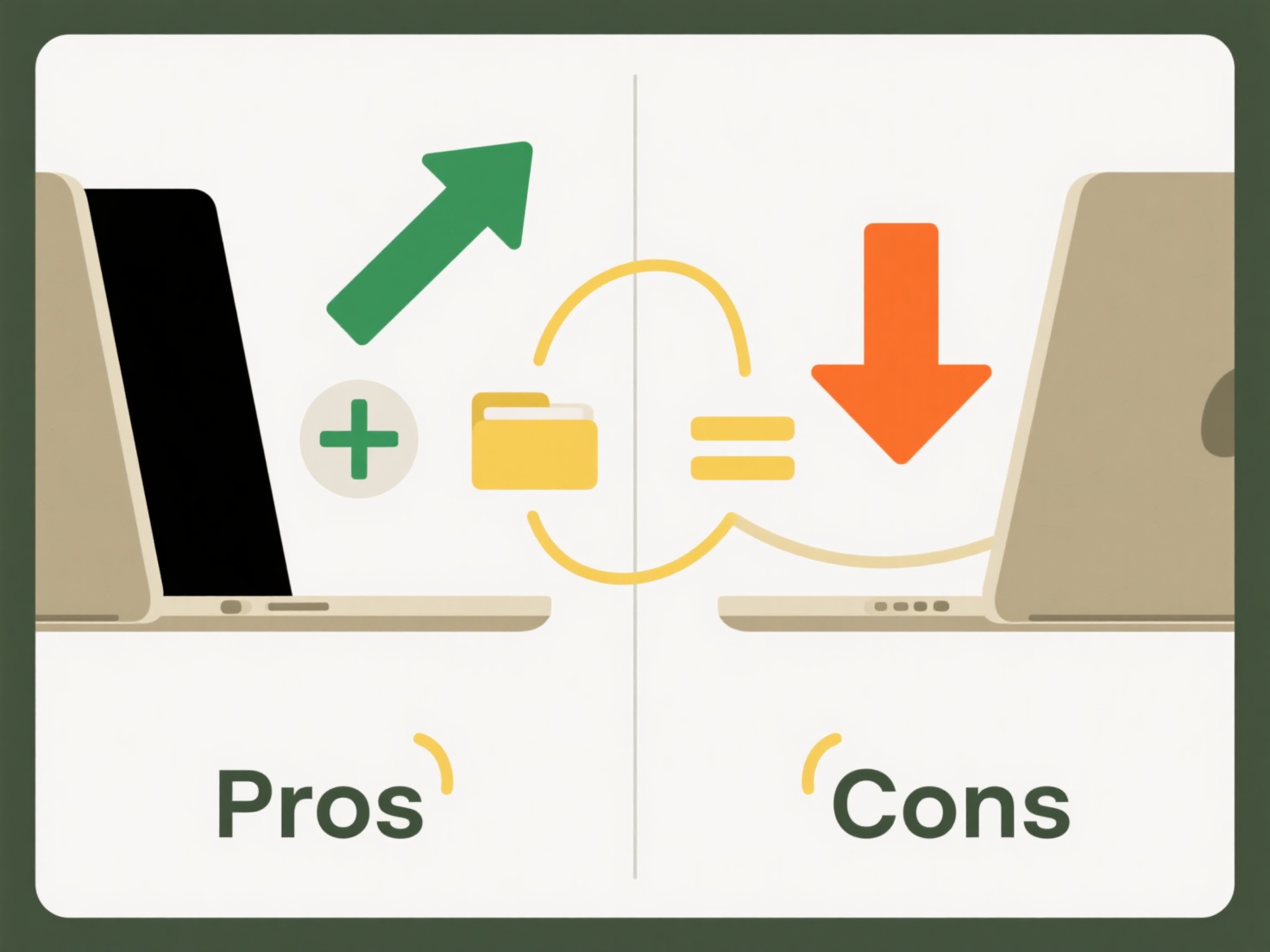
Bulk unsharing refers to the capability of simultaneously revoking access permissions you've granted to multiple files or folders you own or control. This differs from manually unsharing each item individually, which can be time-consuming. It effectively retracts the viewing or editing privileges you previously assigned to others for your shared content.
For example, if you've shared numerous work documents with colleagues via cloud storage like Google Drive, a bulk unshare action would remove access for all selected items at once when you leave a project or organization. Similarly, an event planner might use this feature in Dropbox to quickly revoke permissions for hundreds of shared folders containing vendor contracts after the event concludes.

The primary advantage is significant time savings and assured access control for large volumes of shared items. Limitations include potential irreversible loss of access if not communicated to collaborators beforehand and platform dependency—verify if your specific tool supports this feature. Ethically, users have the right to manage data access, but communication beforehand is considerate when ongoing collaboration is interrupted.
Can I bulk unshare everything I’ve shared?
Bulk unsharing refers to the capability of simultaneously revoking access permissions you've granted to multiple files or folders you own or control. This differs from manually unsharing each item individually, which can be time-consuming. It effectively retracts the viewing or editing privileges you previously assigned to others for your shared content.
For example, if you've shared numerous work documents with colleagues via cloud storage like Google Drive, a bulk unshare action would remove access for all selected items at once when you leave a project or organization. Similarly, an event planner might use this feature in Dropbox to quickly revoke permissions for hundreds of shared folders containing vendor contracts after the event concludes.

The primary advantage is significant time savings and assured access control for large volumes of shared items. Limitations include potential irreversible loss of access if not communicated to collaborators beforehand and platform dependency—verify if your specific tool supports this feature. Ethically, users have the right to manage data access, but communication beforehand is considerate when ongoing collaboration is interrupted.
Quick Article Links
How do I standardize folder structures across departments?
Standardizing folder structures establishes consistent naming conventions and hierarchical organization for digital file...
How do I search across USB or external drives?
Searching across USB or external drives involves locating files stored on physical devices like flash drives, external h...
Can I prevent auto-generated duplicates from print-to-PDF?
Print-to-PDF duplicates occur when the PDF generation process automatically creates identical copies of the same documen...